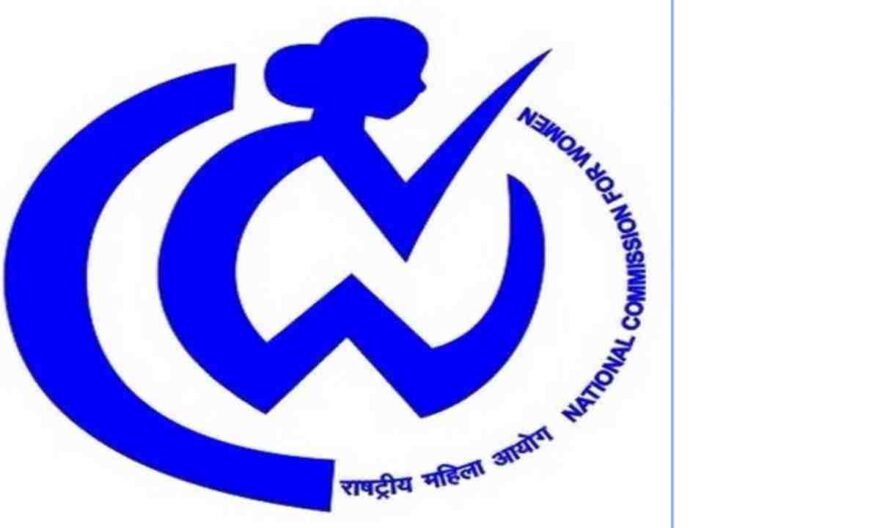
The National Commission for Women has recently conducted a final consultation in New Delhi to review the Muslim Personal Law and discuss the rights of Muslim women.
The meeting was attended by prominent legal authorities, including the Attorney General of India and representatives from state high courts, law universities, and civil society organizations.
An official statement stated, “During the consultation, there was an unequivocal need expressed for the codification of Muslim Personal Law and the need to revisit the marriage and divorce law and guardianship law.”
The Attorney General emphasized the importance of reforming and strengthening the institution of marriage, highlighting the principles of equality and dignity for both men and women.
An official statement stated, “He emphasized the following points: equal regard for men and women, equal status for men and women, equality of processes ensuring dignity in entering and exiting marital relationships irrespective of religion.”
NCW Chairperson Rekha Sharma stressed the urgency of codified laws that ensure equal rights for women of all religions. The focus was on establishing a legal framework that promotes gender equality, protects children’s well-being, and upholds the principle of joint natural guardianship.
The event was moderated by Meenakshi Negi, the Member Secretary of NCW.
Discussions also addressed the absence of a Uniform Civil Code, which has perpetuated inequalities and inconsistencies in the nation.
The non-codified nature of Muslim personal law was identified as a challenge for Muslim women, leading to misinterpretations and hindering progress towards social harmony, economic growth, and gender justice.
Other important points discussed included reforming divorce processes, allowing exceptions for mutual consent, and reforming inheritance rights based on universal principles governing succession.
The NCW reiterated its commitment to ensuring equal opportunities for all and collaborating with legal authorities to establish a framework that upholds gender equality and the well-being of children.




